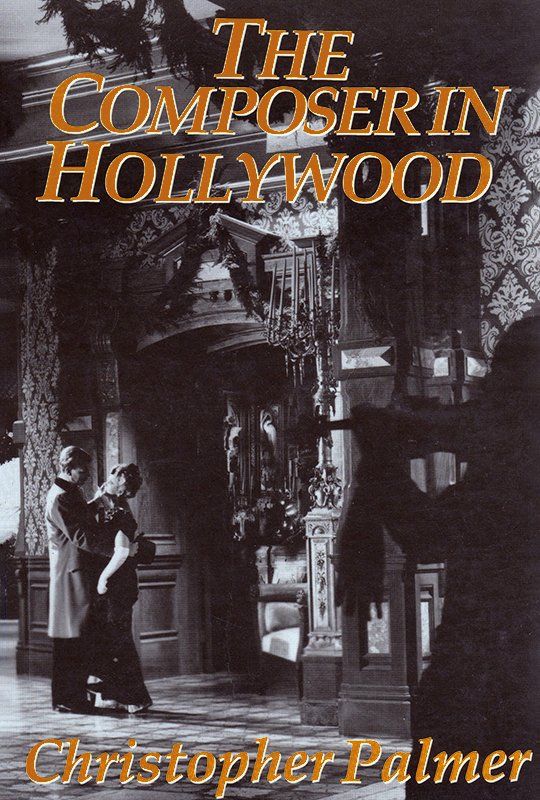The Composer in Hollywood

The Composer in Hollywood
Author: Christopher Palmer
Publisher: London; New York : Marion Boyars, 1990
Christopher Palmer discusses the life and work of eleven great Hollywood composers-Steiner, Korngold, Newman, Waxman, Tiomkin, Webb, Rozsa, Herrmann, North, Bernstein and Rosenman - analyzing the scores of many well-known or remarkable films, almost scene by scene. Each chapter is written in clear non-technical language for the general as well as film and music enthusiasts.
Christopher Palmer’s book is very much a paean to the music from the Golden Age of Hollywood and, as such, is highly recommended. It is aimed at the general reader as well as the enthusiast and is mercifully free of technicalities. It covers similar ground to Tony Thomas’ Music for the Movies, which remains the definitive book on the subject. Palmer is more analytical and scholarly than Thomas although he does not impart to the reader quite the same infectious enthusiasm for the subject that Thomas did.
The book concentrates on the life and work of the seven most talented composers to have worked in Hollywood – Miklos Rozsa, Alfred Newman, Bernard Herrmann, Erich Wolfgang Korngold, Dimitri Tiomkin, Franz Waxman and Max Steiner. Included amongst this august body is a chapter on Roy Webb whom Palmer obviously considers to have been unjustly neglected. As a coda he touches on the work of Alex North, Elmer Bernstein and Leonard Rosenman as instigators of a new wave which spread into Hollywood film music in the fifties – breaking away from the nineteenth century influenced romantic tradition.
The book is particularly valuable in its detailed analysis of specific scores. No less than seven pages for example are given to discussing the music of CITIZEN KANE alone. Palmer is fortunate in having known some of the composers featured and he is able, particularly in the case of Bernard Herrmann, to provide much anecdotal information.
Palmer makes few observations about modern film scores but he obviously has little regard for those created artificially by means of electronics. Of composers working today he praises John Williams for having carried on the Korngold tradition of swashbuckling, romantic adventure scores such as STAR WARS. Palmer makes the point that the Golden Age composers thrived in the conditions of the time. The studio system and the type of films being made in the thirties and forties ensured that their work was in demand. The studio system created composers such as Max Steiner and Alfred Newman as surely as it created stars such as James Stewart or Gary Grant. In today’s film industry there is no place for a Max Steiner or James Stewart. We are all the poorer for that.
Doug Raynes – Originally published in Soundtrack Magazine Vol.9/No.36/1990



